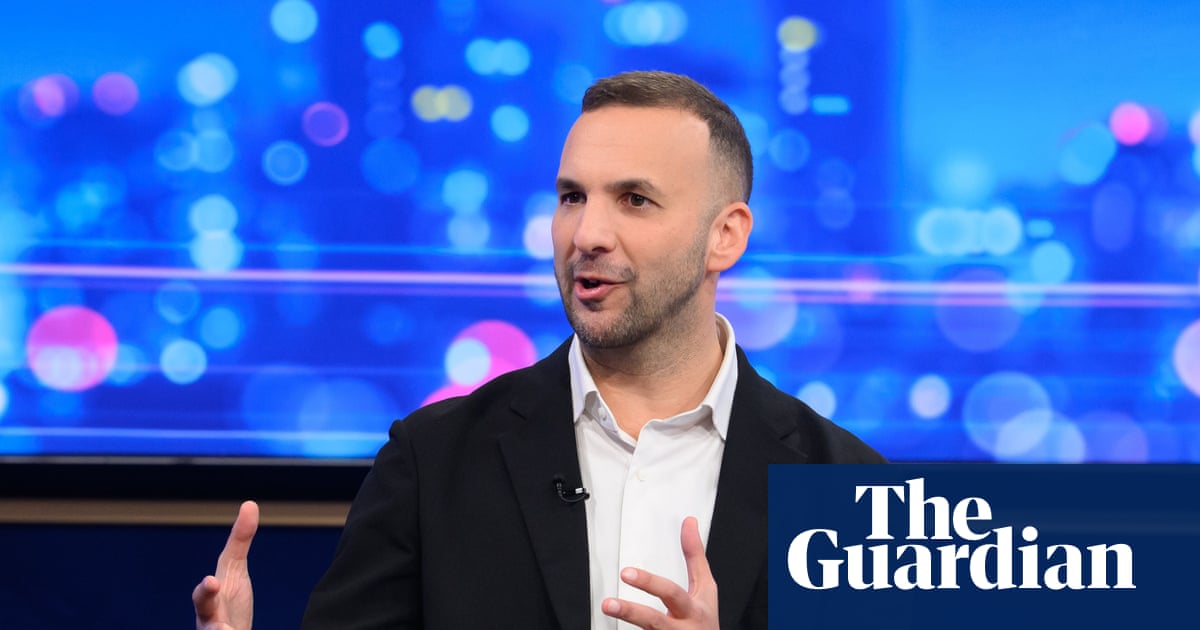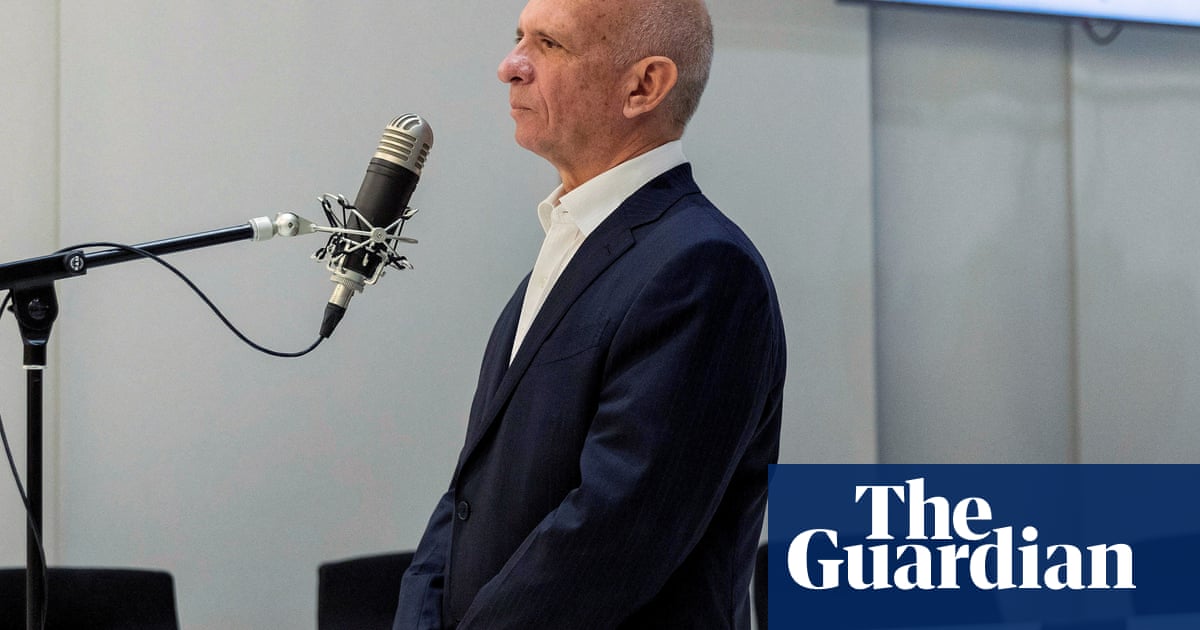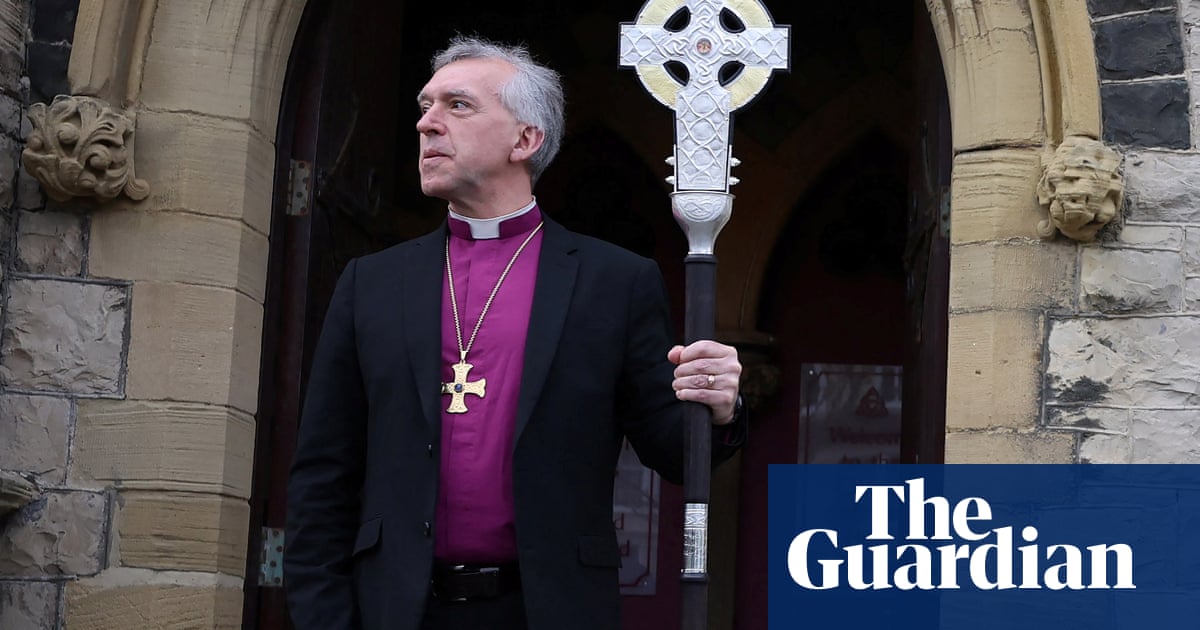A member of the House of Lords who is trying to derail the generational ban on tobacco sales discussed the legislation with a family member who is “very high up” at British American Tobacco (BAT).
Lord Strathcarron is proposing amendments that would scrap the central provision of the tobacco and vapes bill, originally proposed by Rishi Sunak’s government.
If the bill is passed in its original form, the UK would become only the second country to implement a so-called generational smoking ban, making it illegal to sell tobacco to anyone born after 2008.
Strathcarron’s proposal is to simply raise the legal purchase age from 18 to 21.
The change proposed by the peer, who in a recent speech in the Lords described cigars as “harmless”, mirrors BAT’s lobbying position.
The result would be that millions more people could legally be sold tobacco products over the coming decades.
Tobacco groups have threatened the government with legal action over the proposed generational ban and have courted rightwing MPs in an apparent attempt to muster support for watering down the proposals.
In June, the Guardian and the Examination, a non-profit newsroom that investigates global health threats, reported that the Tory peer Ed Vaizey had proposed delaying another key proposal of the bill, a ban on heated tobacco, weeks after a leading cigarette company paid for him to visit its research facility in Switzerland.
Strathcarron’s amendments, tabled on or before 1 May, would change the wording of the bill to remove the tobacco sales ban for future generations.
The peer revealed he had discussed the bill with an in-law when asked about his proposals by the Guardian and the Examination. He described this relative as being “very high up” at BAT, though he declined to name the individual.
“We have indeed discussed the tobacco and vapes bill, which he considers unnecessary as market forces are doing what the bill intends,” Strathcarron said.
He later told the Guardian that it had never occurred to him to declare the link because the person was “barely family”.
He questioned whether their discussions would constitute lobbying but admitted that peers sometimes relied on lobbyists for help on policy owing to a lack of resources.
One of the lobby groups with which Strathcarron said he was in regular contact was Action on World Health, which was co-founded by Nigel Farage, and is staffed by several nicotine industry consultants.
Peers “do not have any support staff and we have to rely on lobbyists and pressure groups for research and sometimes for drafting”, said Strathcarron.
Action on World Health said it had not spoken to Strathcarron about the bill and received no funding from the vaping or pharmaceutical industries, with which it had no connections.
A BAT spokesperson said the company was “unaware of any engagement between a BAT employee and Lord Strathcarron” and did not respond to a question asking which employee was related to the peer.
after newsletter promotion
“While we support the UK government’s smoke-free ambition, we believe the generational smoking ban would increase the illicit market and incentive criminals,” the spokesperson said.
The House of Lords code of conduct states that holders of public office “should not act or take decisions in order to gain financial or other material benefits for themselves, their family or their friends. They must declare and resolve any interests and relationships.”
During a Lords debate on the bill, Strathcarron declared a separate potential conflict of interest. “My lords, I declare an interest, in that a minority investor in one of my companies also manufactures vapes, although my concerns for this bill have nothing to do with vapes but relate to its treatment of cigars and pipes, and the fact that a generational ban is, in practice, unenforceable and therefore unworkable,” he told the chamber.
In the same speech, Strathcarron described cigars as “harmless”, a characterisation contradicted by extensive academic research showing the mortality risk from regular cigar smoking can equal or exceed that of smoking cigarettes.
He told the Guardian that a simple increase in the smoking age to 21 was a “more efficient” way of stopping young people smoking than the government’s plans.
Strathcarron told the Examination in an email that he had met a tobacco industry representative at this year’s British Grand Prix in July, after he submitted his amendment.
He said he worked “closely” with lobby groups including Action on World Health, the Free Speech Union and Big Brother Watch. “They notify me of forthcoming events, which I often attend,” he said.
Action on World Health campaigns against the World Health Organization (WHO) and is staffed by former nicotine industry consultants, a previous investigation by the Guardian found. The group does not disclose its funding sources.
Its co-founder David Roach runs a firm providing secretariat services to the Global Institute on Novel Nicotine, which advocates for nicotine pouches and other products.
Action on World Health’s goal, according to its website, is to “reform or replace” the WHO, which it accuses of “interfering in your lives and personal freedoms” including “the food you eat, the alcohol and sodas you drink, the treatments you receive, as well as the smoking cessation products you use”.

.png) 3 hours ago
5
3 hours ago
5

















































